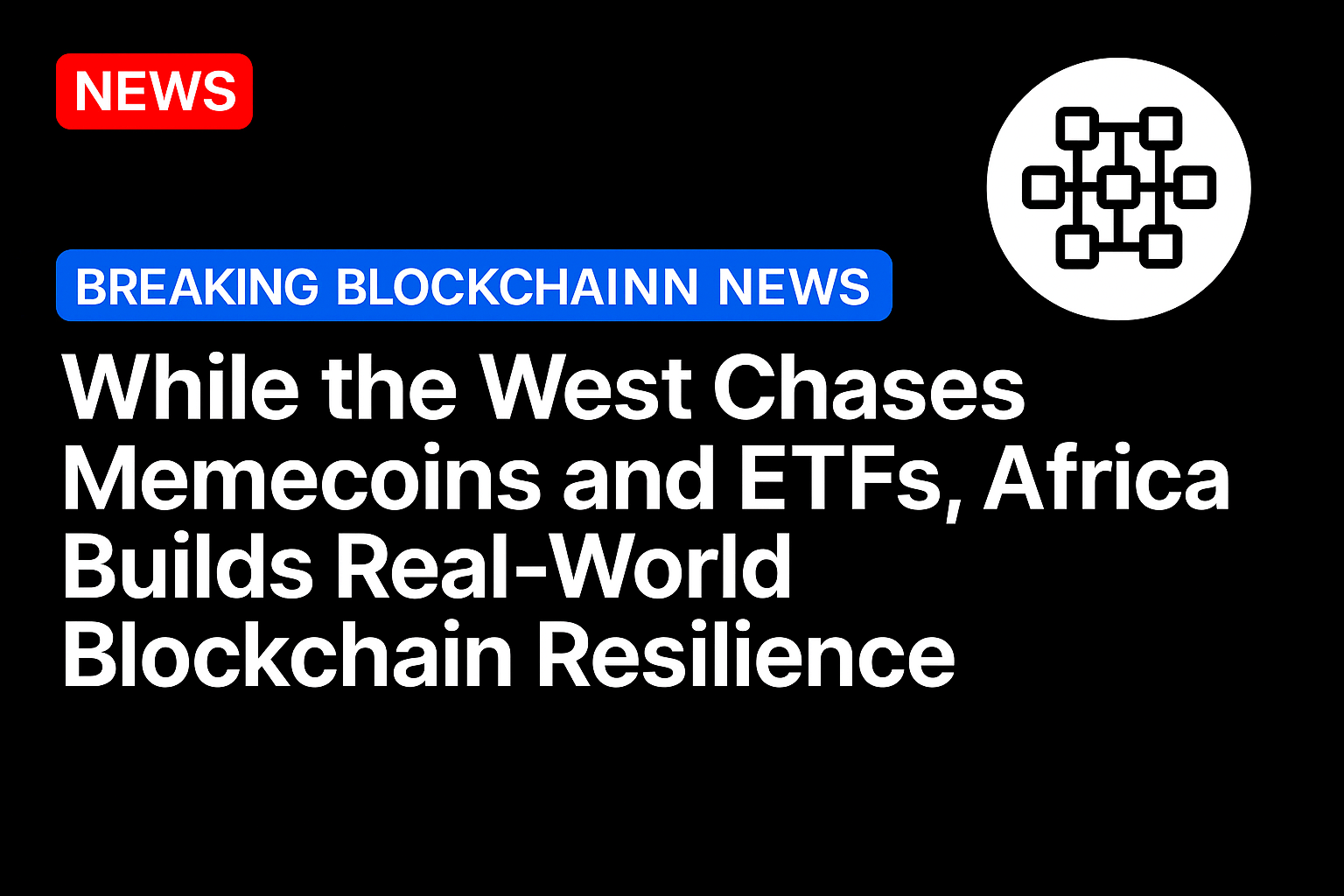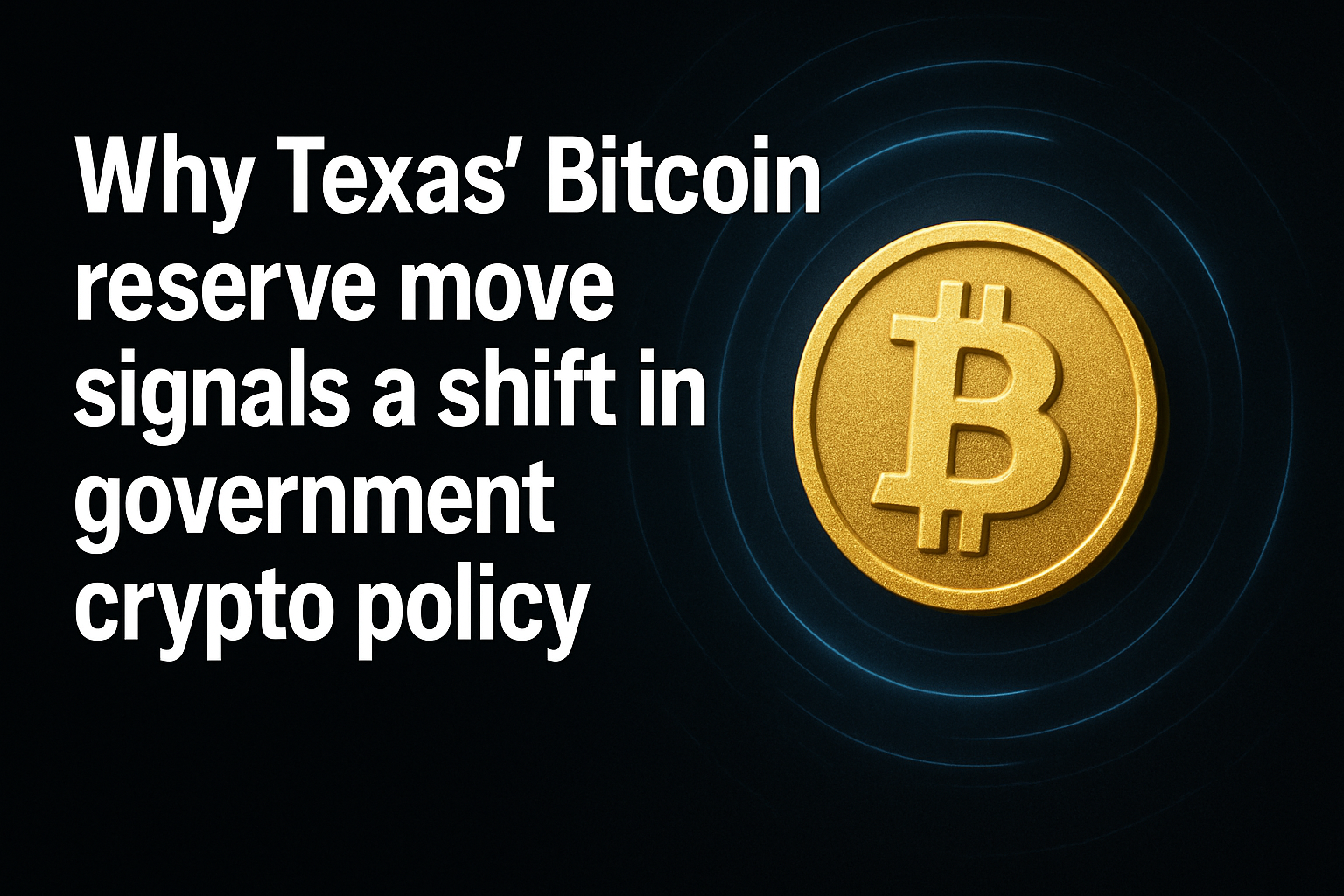As Western markets focus on speculative memecoins and crypto ETFs, Africa is quietly emerging as a leader in practical blockchain adoption, driven by grassroots necessity and real-world application.
Crypto for Daily Needs, Not Hype
In contrast to the West’s speculatory frenzy, communities across Africa are leveraging blockchain to tackle everyday challenges—from unstable fiat currencies to unreliable banking infrastructure. In countries like Nigeria and Kenya, young people and freelancers use stablecoins and Bitcoin to store value and transact across borders. In rural Zambia, excess hydroelectric power is being converted into Bitcoin mining operations, providing continual income and reducing energy waste.
Beyond Finance: Energy, Connectivity, Governance
African innovators are bringing blockchain to sectors beyond finance. In remote regions, decentralized Wi‑Fi networks built on blockchain reward participants for sharing bandwidth, ensuring connectivity and income simultaneously34. Governments and NGOs are exploring blockchain for land registries and public procurement, aiming to enhance transparency and reduce corruption.
Startups Driving Real Change
Over the past year, purpose-driven blockchain startups have attracted growing funding. A leading 2025 report highlights emerging platforms facilitating cross-border payments, remittances, SME trade services, and asset tokenization. While regulatory frameworks lag—only a quarter of Sub-Saharan countries have formal crypto laws entrepreneurs are innovating in sandboxes, building locally relevant solutions.
Leapfrogging Traditional Systems
Africa’s limited legacy infrastructure has proven an asset: countries like Kenya, South Africa, Nigeria, and Ghana are leveraging blockchain to leap ahead in financial inclusion and digital services37. Peer-to-peer cryptocurrency platforms, mobile money integration, and stablecoin usage have become lifelines amid inflation and weak banking systems4.
Africa’s approach to blockchain stands out: it’s driven by necessity, built for resilience, and solving tangible local problems. As global attention remains focused on speculative trends, Africa is quietly establishing a robust foundation for decentralized innovation with lasting impact.





